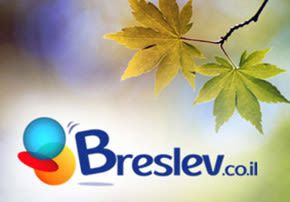
Evil Reports..and Gossip – Vayeishev
One of the most perplexing events recorded in the Torah is the near killing of Yosef (Joseph) and his sale into slavery...

Yosef and His Brothers
One of the most perplexing events recorded in the Torah is the near killing of Yosef (Joseph) and his sale into slavery by his brothers. It is axiomatic that we’re not dealing here with a ruthless band of thugs who embodied one of the most dysfunctional families in recorded history. The Seforno makes the compelling point that Yosef’s brothers were all shivtei kah – tribes of God, and were so righteous that their names were inscribed on the Breastplate of the Kohen Gadol (High Priest). This is an explicit Divine testimony to the extent of their righteousness. It’s unthinkable that such Tzaddikim could have contemplated murder!
Why then did the brothers sell Yosef? Seforno notes that years later, when the brothers were detained in Egypt, they examined their deeds to understand why God had punished them (Bereishit 42:21). Although they found no cause for remorse in the sale itself, they condemned themselves for hard-heartedly ignoring Yosef’s pleas for mercy. It’s clear that they considered selling Yosef to have been harsh, but not wrong.
A Prism
Let’s examine the narrative of the Torah and look for clues in the pasukim – verses – that explain why the brothers did not do anything wrong when they sold Yosef into slavery. In doing so, we will discover facets of human nature that have practical applications to our daily lives.
Imagine a triangular prism that separates light originating from three different sources into a myriad of rainbow colors. In the story of Yosef and his brothers, we find a pyramid of three perspectives with three different points of view: Yosef, Yosef’s father Yaakov (Jacob) and Yosef’s ten brothers. Through examining each of these three perspectives, we will begin to understand the tragedy itself, and in doing so, illuminate the path towards curing our nation’s ills.
The Parsha begins: “Yaakov settled in the land of his father’s sojourning…” Rashi writes that after his long exile and many struggles, Yaakov hoped to settle down and live in tranquility. Instead, however, the anguish of Yosef’s kidnapping "pounced" upon him. Though the righteous seek tranquility, God says, “Are the righteous not satisfied with what awaits them in the World to Come that they also expect to live at ease in This World?”
Yaakov’s mission was not complete and although he sought tranquility, God saw otherwise. The sale of Yosef was a momentous test for Yaakov; when Yosef was torn from him and appeared to be dead, Yaakov had every reason to believe his life had ended in failure. Yet he did not allow this to disturb his avodat Hashem – his service of God, and in doing so, he imparted an eternal lesson to the Jewish people – never give up!
Favoritism
What precipitated Yaakov’s painful twenty-two period of mourning for his long lost son? “Now Yisrael loved Yosef more than all his sons since he was a child of his old age, and he made him a fine woolen tunic” (Bereishit 37:3). The Talmud teaches us that we should never show favoritism to one son over another: “On account of two selaim (silver coins) worth of wool from which Yaakov made a special garment for Yosef, the brothers’ jealousy was aroused and they hated him, and as a direct result they descended to Egypt” (Shabbat 10b).
Yaakov made the error of showing preference to his favorite son, and the consequences of that mistake affect us to this very day. Because of his preference, he was blinded to Yosef’s faults and unable to rebuke Yosef in time to stop the next step in the calamity.
Evil Reports
“… And Yosef would bring evil reports about them (his brothers) to their father.” (Ibid. 37:2). Yosef, who was Rochel’s (Rachel’s) son, told his father that Leah’s sons were doing acts prohibited by the Torah. He told Yaakov that they were eating the meat of a limb torn from a living animal, which is prohibited to the descendents of Noach. Yosef misinterpreted their actions, however, and the commentaries explain that he saw them eat the meat of an animal that was quivered after having been ritually slaughtered, which was permissible.
Yosef told Yaakov that he heard Leah’s sons call the sons of Bilha and Zilpa ‘slaves.’ The brothers addressed Bilha’s and Zilpa’s sons as ‘sons of the maids,’ referring to their mothers’ original status when they had married Yaakov. They never meant to imply, however, that the sons of Bilha and Zilpa continued to be handmaidens. They were fully aware of the fact that Yaakov had freed Bilha and Zilpa before marrying them.
He reported that they had illicit relationships with Canaanite women. Actually, the brothers conducted business with Canaanite women, which they considered permissible, whereas Yosef did not.
Lashon Hara – the sin of slander and gossip! Here we find it causes the sale of Yosef and the ensuing events that paved the way for the Children of Israel’s descent to Egypt and the terrors of the Egyptian exile. Not content with that, lashon hara can be credited with the entrance of death into the world (the Primordial Serpent), the failure of the Generation of the Wilderness to enter the Land of Israel (the Sin of the Spies), the destruction of the First and Second Temples on Tisha B’Av, and the over-long continuation of our present day exile!
Sinat chinam – causeless hatred is the underlying sickness, and lashon hara is the symptoms of the disease. What is the medium that carries the pandemic of lashon hara? It is the failure to judge another favorably. Although Yosef was sincere in his faulty evaluation, he was at fault because he should have given his brothers the benefit of the doubt and reported all the facts to Yaakov, without drawing negative conclusions. Yosef was blind to their truly good and righteous essence, and the consequences were soon to come.
Jealousy
“His brothers saw that it was he whom their father loved most of all his brothers so they hated him… Yosef dreamt a dream which he told to his brothers and they hated him even more… So his brothers were jealous of him…” (Bereishit 37:4;5;11).
Yosef’s dreams indicated that his brothers would be subservient to him, and this aroused their hatred and jealousy. The stage was now set for the perplexing tragedy that followed.
“They (the brothers) saw him (Yosef) from afar; and when he had not yet approached them they conspired against him to kill him” (Ibid. 37:18).
Seforno renders this phrase differently: They regarded him as conspiring against them to kill them. This explains how the brothers, who were the righteous sons of the three Patriarchs, whose names were engraved on the Kohen Gadol’s (the High Priest’s) Breastplate, decided to kill Yosef. They were convinced, as evidenced by his dreams and his evil reports about them, a clear sign of megalomania – a psychological state characterized by delusions of grandeur – that Yosef was the aggressor and they, the victims. After all, dreams are normally influenced by our thoughts during the day. Yosef’s dreams were evidence that he was plotting to dominate the family, at best, and his evil reports were evidence of his desire to eliminate them all. They were sure that he had come after them to find fault with them, which he would report to Yaakov in the hope Yaakov would curse them or that God would punish them. If so, he, Yosef, posed the danger to them, and they had a right to defend themselves against him.
Previously, the Torah relates: “They (the brothers) have journeyed on from here, for I heard them saying, ‘Let us go to Dotan.’” (Ibid. 37:17). Rashi explains that they sat in judgment (Dotan is related to dat – law) in a case of capital punishment, and concluded that Yosef must be put to death as a rodef –he posed a danger to them.
The brothers sat and judged the case, as would a Sanhedrin – the High Court of Jewish Law. What caused them to err and punish Yosef, who is known for all prosperity as Yosef HaTzaddik – the righteous? After all, in the end his dreams were revealed to be true prophecy.
Rabbi Chanoch Henach Leibowitz, the Rosh Yeshiva of the Chofetz Chaim Yeshiva explains that jealousy has a special propensity to blind the eyes and pervert the judgment of even the wisest of men. Although the brothers were righteous, as pointed out by the Seforno, the slight amount of jealousy that they felt was enough to pervert their judgment.
When we view the course of events from the perspective of the three beacons of light – Yaakov, who favored his son, Yosef; Yosef, who found fault and spoke badly of his brothers; and the brothers who were jealous of Yosef and therefore viewed him as a danger to their lives– we find that the Torah insights can be reduced to a common denominator, which acts as a prism to misrepresents whatever is viewed through it. The prism is bias, which blinds us to the perception of truth.
Philosophers and Scientists
People often wonder why the great minds, the philosophers and scientists, do not believe in God.
Rabbi Elchanon Wasserman explains that the existence of God is the single most evident fact in the universe, the reality of which stares us in the face when we contemplate the genius of design inherent in every living being and the human being in particular. What causes a highly gifted intellect to doubt God’s existence?
“You shall not accept a bribe, for the bribe will blind the eyes of the wise and pervert the words of righteousness (the Torah)” (Devarim 16:19). What bribe is this verse discussing, which "blind the eyes of the wise and pervert the words of righteousness? Bias generated by our physical desires and negative character traits, such as pride and arrogance!
Let’s examine the frank “Confession of a Professed Atheist” by Aldous Huxley, in “Report,” June, 1966:
“I had motives for not wanting the world to have meaning; consequently assumed it had none, and was able without any difficulty to find satisfying reasons for this assumption… For myself, as, no doubt, for most of my contemporaries, the philosophy of meaninglessness was essentially an instrument of liberation. The liberation we desired was simultaneously liberation from a certain political and economic system and liberation from a certain system of morality. We objected to the morality because it interfered with our sexual freedom.”
As seekers of truth, we must rise above this bias so that our eyes can perceive the truth existing in “the words of righteousness.” The Torah reveals the mistakes of Yaakov, Yosef, and his brothers – to warn us of the pitfalls we may encounter, so that we can learn from their mistakes and incorporate that knowledge into our struggle for the truth. There is no easy shortcut; the only way to rise above our self-interest and bias is work on developing our positive character traits, which is, I am slowly learning, a lifetime effort. The reward for this lifetime struggle will be the ohr haganuz – the spiritual light hidden away for the righteous – a light of purity and truth, unsullied by a prism of distortion.


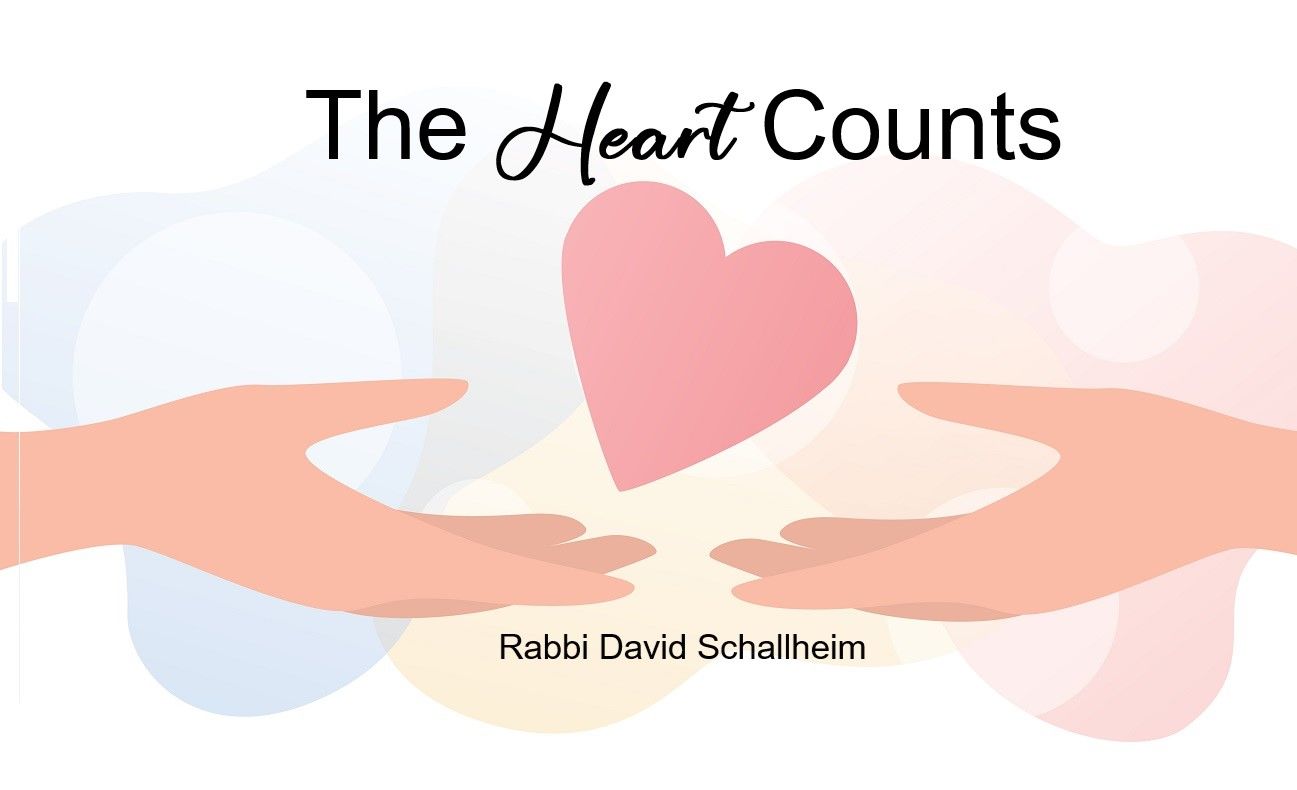
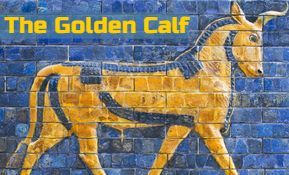
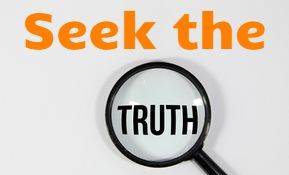
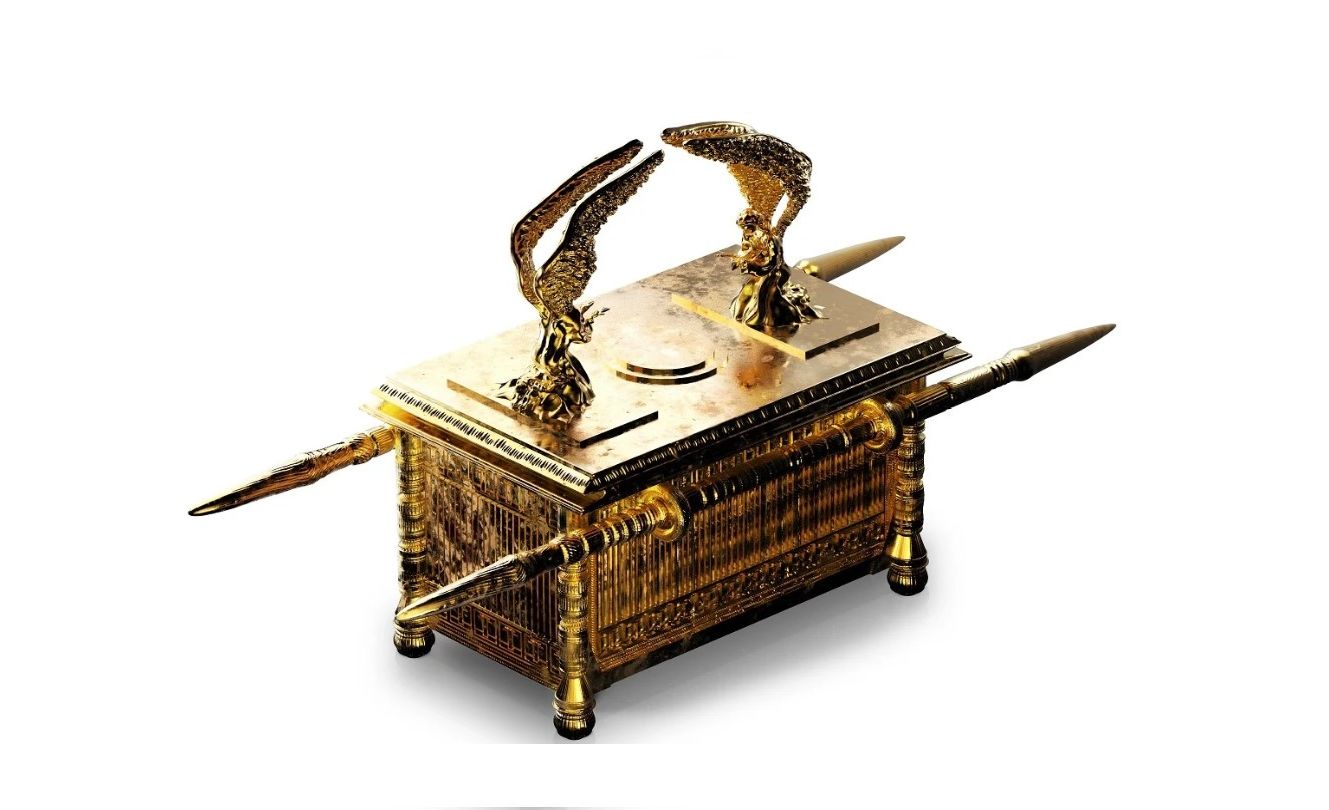

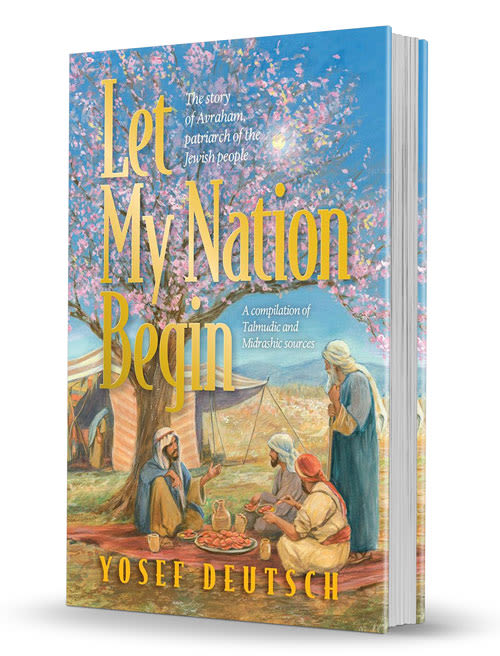
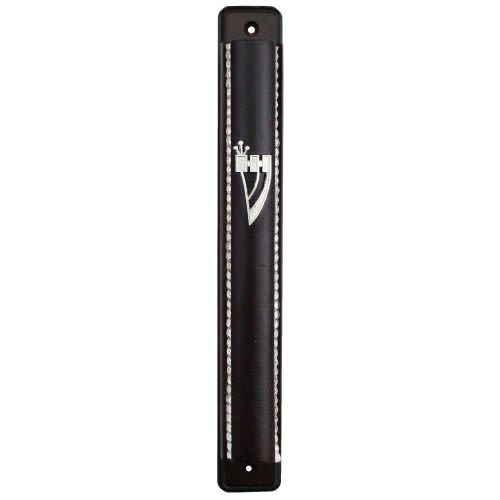
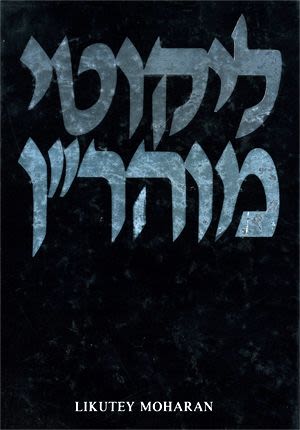
Tell us what you think!
Thank you for your comment!
It will be published after approval by the Editor.